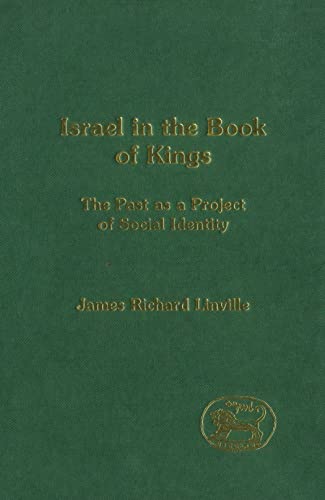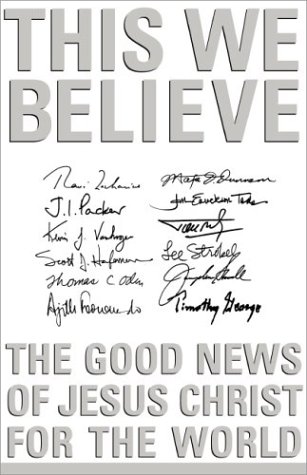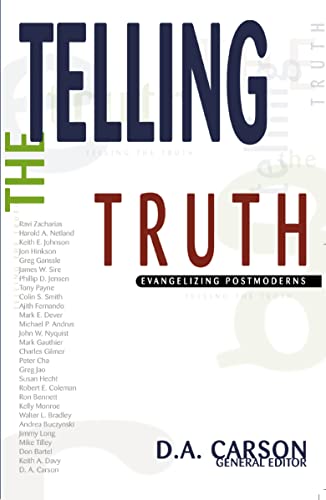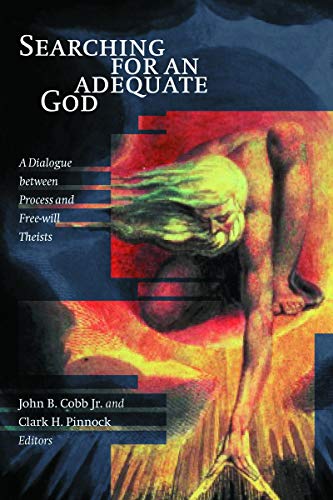Christianity and Western Thought, Volume 2: Faith and Reason in the 19th Century
Written by Steve Wilkens and Alan G. Padgett Reviewed By Chris SinkinsonWilkens and Padgett have produced an enjoyable and helpful survey of intellectual thought during the nineteenth century. A century is a somewhat arbitrary dividing line for ideas and their account really takes us from the legacy of Kant up to the First World War. These form helpful bookends to a stream of philosophical and cultural movements that deal with many common issues and ideas. The book is largely chronological though each chapter tends to deal with a certain theme like romanticism, confessionalism and Darwinism. Much space is devoted, as one would expect, to major thinkers such as Schleiermacher, Hegel and Marx. However, there is also detailed treatment of the various lesser figures who nonetheless contributed to the intellectual climate of the day. The accounts are remarkably accessible and yet scholarly. The authors provide a reliable, descriptive account of important ideas but also set those ideas in a biographical and historical context that helps to make sense of them. Colourful details bring the history of individuals to life. The authors have succeeded in providing an account that is both academically rigorous and a compelling read. This blend is no mean feat.
The book is stronger in descriptive than in evaluative content and this makes it an ideal introductory textbook to difficult ideas. The authors clearly demonstrate the great optimism and creativity of the age with which they deal. It is certainly a textbook that avoids giving the impression that secular works of genius can be neatly summarised and dismissed in a few lines. The brief assessments of each thinker are given in a way that fuels further thought rather than giving a definitive response. Extensive endnotes aid the reader to follow the arguments further.
It has been some years since the publication of the first volume in this series by Colin Brown. His useful survey of the history of philosophy from ancient times reached the Enlightenment with the remainder awaiting a second volume. Wilkens and Padgett pick up where Brown left off but in doing so have changed the flavour of the series. What had been a rapid survey of philosophical thought over the centuries has now become a more focussed and detailed study of themes from a short period. This second volume is a more thorough kind of text emphasising depth rather than breadth. A third volume is promised to complete the series. As a series this will make for a rather unbalanced collection with one volume covering eighteen hundred years followed by two covering two hundred years.
This is an attractively produced hardback which compared with almost any other hardback in the area of philosophy is great value for money. It is marred by a handful of typographical errors, all of which are minor and more an annoyance than misleading. The next volume is to be eagerly anticipated.
Chris Sinkinson
Moorlands College, Christchurch







